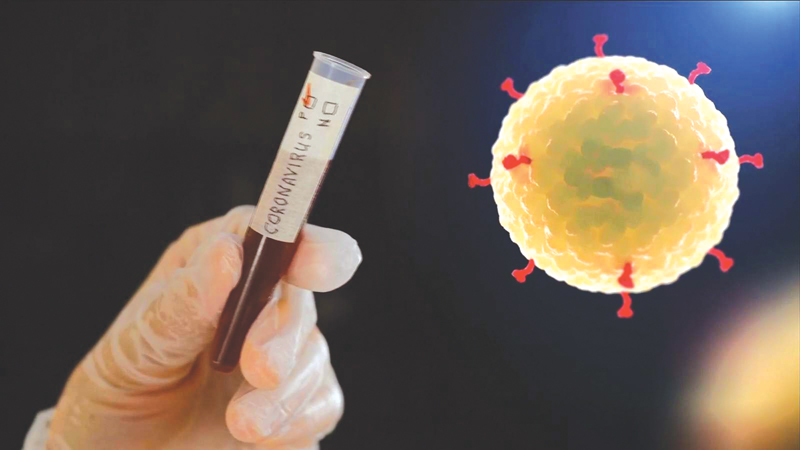
The prospect that hydroxychloroquine might be effective for treating the coronavirus has raised hopes in a country facing a pandemic. But it’s also created a potential crisis for patients with lupus and other autoimmune diseases.

In clinics like the Oklahoma Medical Research Foundation’s Rheumatology Center of Excellence, physicians routinely prescribe the drug to patients suffering from autoimmune disorders. President Donald Trump’s touting of the drug—and its cousin, chloroquine—as a potential treatment for COVID-19 has threatened supplies of a therapy that doctors rely on to control symptoms of lupus and rheumatoid arthritis.
“This is a medicine we consider critical,” said Eliza Chakravarty, M.D., a rheumatologist who treats hundreds of patients suffering from autoimmune disease at OMRF. “It’s disease-stabilizing for lupus, and going off the medication increases risk for flares and other health issues. It’s one we think people should stay on forever—even if they become pregnant—so it’s important that the supply chain remains in place.”
Reports from China and France suggest that the two drugs, originally developed as treatments for malaria, help patients suffering from COVID-19. But, experts say, those results are not based on the sorts of carefully controlled clinical studies that are necessary to validate the drugs’ safety and effectiveness in treating the virus.
“We often see early results in drug trials that seem promising but do not pan out in larger, more scientific trials, so it is best not to overhype these drugs right now,” said Joan Merrill, M.D., a rheumatologist and lupus researcher at OMRF who also serves as chief advisor, clinical development, to the Lupus Foundation of America.
Clinical trials are starting in some locations around the U.S., Merrill said. “It needs to be studied as quickly as possible, but in a controlled, scientific way that produces reliable results.”
In the meantime, shortages of hydroxychloroquine (also known as plaquenil) are already occurring, said OMRF’s Chakravarty. At some point, patients with conditions like lupus and rheumatoid arthritis may have trouble refilling prescriptions, particularly when others who don’t need the drug try to stockpile it.
On Saturday, Gov. Kevin Stitt ordered a limit to prescriptions of the drug “to ensure there is adequate supply for patients who need it most.”
For a person at low risk, there’s no evidence hydroxychloroquine will shield them from the coronavirus, Chakravarty said. For some, the drug can cause side effects, like heart issues, eye or muscle problems.
Unless they’re participating in clinical trials testing hydroxychloroquine as a preventative against the coronavirus, said Merrill, healthy people should not be taking the drug. “Although antimalarials are well understood and can be used safely and effectively in people with lupus and rheumatoid arthritis, the doses reported in early reports on COVID-19 are higher than commonly used for these chronic conditions, and little is known about risks of widespread use and drug interactions in an elderly, disabled population,” she said.
“Everybody wants the drug because they think it’s protective, but we don’t know that,” said Chakravarty. “However, we know our patients need to have access to this medication.”













